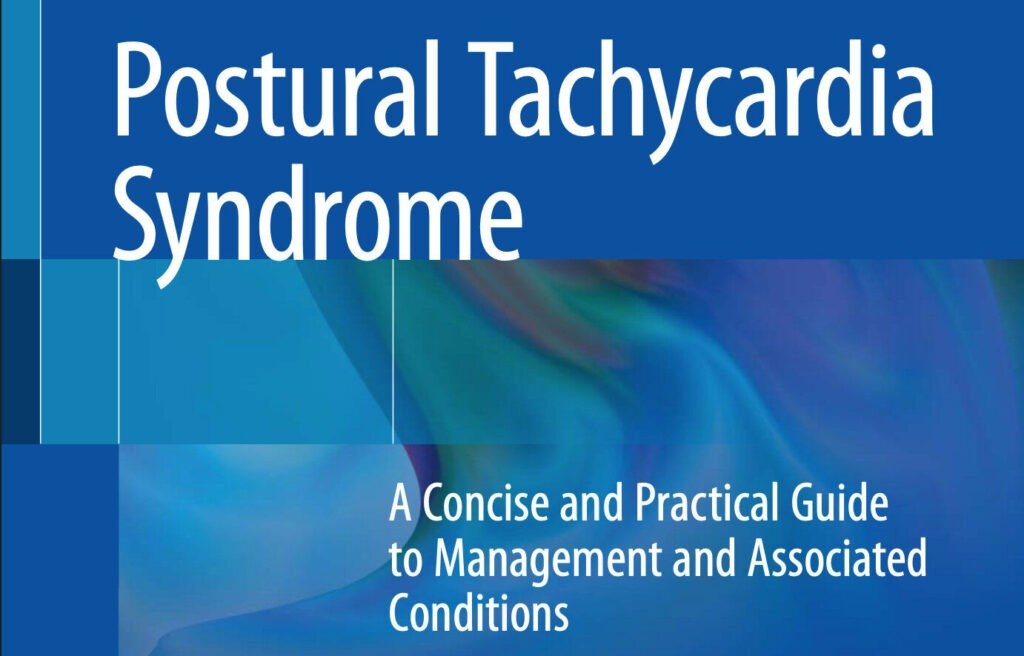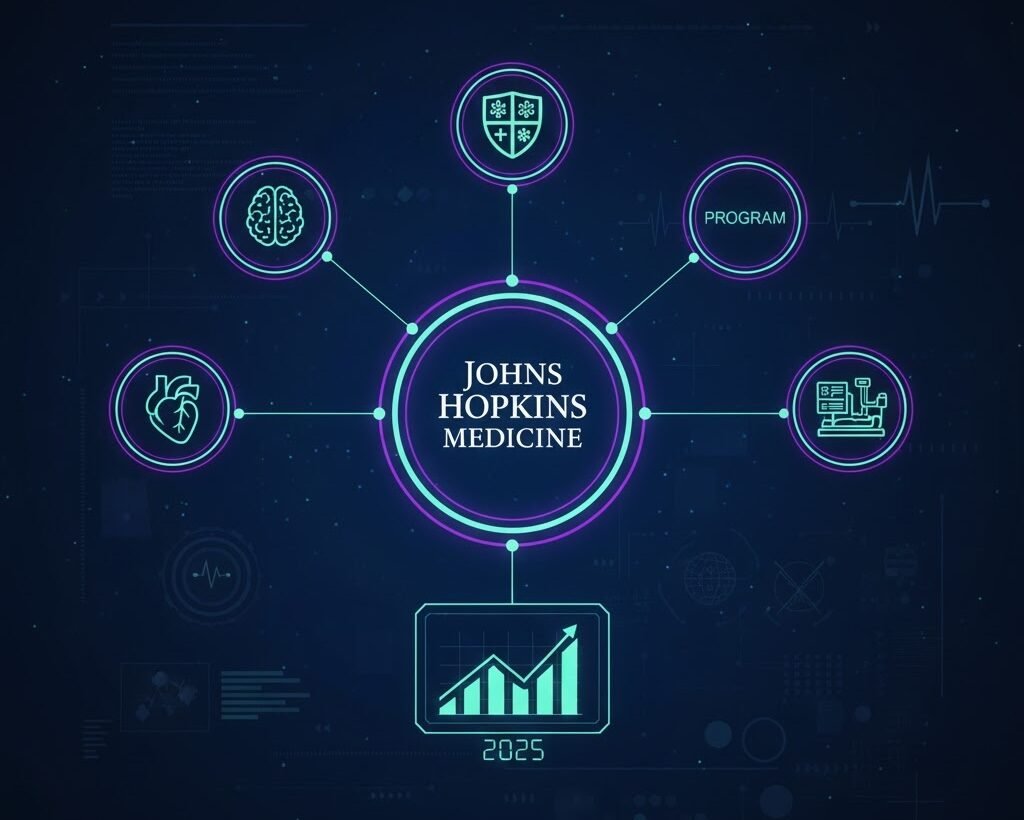Why Books Still Matter in the POTS Community
If you’re searching for the most insightful and practical POTS books for 2025, this guide brings you a curated list of titles packed with patient-focused wisdom, up-to-date science, and everyday strategies for managing postural orthostatic tachycardia syndrome. These books offer real-world help for patients, caregivers, and healthcare providers, bridging the gap between lived experience and clinical knowledge.
From foundational guides to symptom tracking workbooks and memoirs that speak to your soul, these books reflect the growing awareness and research focus on dysautonomia and autonomic nervous system disorders.
In a world of fast-paced medical updates, apps, and online forums, books offer something slower and more powerful: structured knowledge, grounded support, and deeper context. Whether newly diagnosed or living with chronic symptoms for years, a thoughtfully written book can give you clarity, validation, and tools for self-advocacy.
What is your goal with salt intake for your POTS?
Books on POTS often explore key themes like:
- Autonomic testing and diagnosis (e.g. tilt table test, HRV)
- Symptom tracking and pacing strategies
- Nutrition, hydration, and lifestyle support
- Overlapping conditions like EDS, MCAS, ME/CFS
- Emotional wellness and medical gaslighting
- Guidance on communicating with doctors and managing flare-ups
Now, let’s explore the best available POTS books in 2025 with real links and clear descriptions.

Book 1: Navigating Life with POTS 2025 by Ambra Pennington
A standout new title, this book blends actionable tools with empathy, guiding patients through every step from diagnosis to self-regulation.
- Offers a breakdown of POTS subtypes and real-life pacing frameworks
- Covers hydration strategies, salt intake, and energy budgeting
- Supports emotional healing and lifestyle redesign
Book 2: The Dysautonomia Project by Kelly Freeman, David S. Goldstein, and Charles R. Thompson
This foundational resource remains one of the most trusted references for autonomic dysfunction, widely used by both patients and doctors.
- Explains autonomic nervous system function in clear, digestible language
- Contains physician-reviewed diagrams, case studies, and testing explanations
- Encourages collaboration between patient and provider
Book 3: POTS and Other Autonomic Disorders: The Patient’s Guide by Dr. Mitzi Joi Williams
A practical, patient-oriented guide that breaks down dysautonomia diagnosis and daily coping strategies in a conversational tone.
- Offers symptom tracking templates, HR tips, and dietary adjustments
- Covers mental health, flare-up prep, and tools for managing brain fog
- Especially helpful for patients seeking lifestyle alignment

Book 4: POTS – Together We Stand: Riding the Waves of Dysautonomia by Jodi Epstein Rhum
Equal parts survival manual and support group, this book features stories from real patients and expert-backed coping methods.
- Features community-contributed experiences, tips, and encouragement
- Addresses daily life obstacles, emotional health, and long-term outlook
- A validating and uplifting read for those feeling isolated
Book 5: Postural Tachycardia Syndrome: A Concise and Practical Guide (Springer PDF Edition)
Aimed at clinicians but accessible for advanced patients, this concise guide dives into diagnosis, monitoring, and treatment of POTS.
- Includes guidance on clinical testing, beta blockers, and fluid loading
- Also explores overlap syndromes and practical case studies
- A valuable reference for medical appointments
Who These Books Are For
Whether you prefer a journal-style workbook, a clinical explainer, or patient storytelling, there’s something here for:
- Individuals newly diagnosed with POTS or orthostatic intolerance
- Caregivers supporting someone through dysautonomia
- Health professionals wanting real insight into daily POTS struggles
- Long-term patients looking to deepen their understanding
These titles help you interpret symptoms, track progress, and advocate for yourself with clarity and confidence.

GnarlyTree | SITE NEWS
Seeking a POTS‑Experienced Editor to Join GnarlyTree
Living with POTS or caring for someone who does changes the way you see the world. It reshapes your days, your energy, your priorities, and your understanding of what “normal” means. GnarlyTree was built from...
Frequently Asked Questions
Are these books beginner-friendly for newly diagnosed readers?
Yes, several (especially Pennington and Williams) offer plain-language breakdowns for readers just beginning their journey.
Can I use these books alongside my medical treatment plan?
Absolutely—these books complement clinical care and help you better communicate with providers.
Are there tools or worksheets included in any of these books?
Yes, especially the patient guides and the Springer PDF, which includes charts and management strategies.
Do these books cover comorbidities like EDS and MCAS?
Most include at least a section on overlapping conditions or symptom clusters that commonly occur with POTS.
Are audiobook or large print versions available?
Some are available in accessible formats—Amazon listings will typically show Kindle or audio options.
Can I bring these books to medical appointments?
Yes, many patients use these to reference symptoms, track patterns, or explain experiences more clearly to their doctors.
Are these books scientifically accurate and up to date?
Yes, these are recent or enduringly relevant titles with input from doctors and autonomic specialists.
Is there a version suitable for teens with POTS?
“Together We Stand” and “Navigating Life with POTS” are especially helpful for younger patients and their families.
Do any of these books help with disability documentation?
Yes, several provide symptom tracking tools and explain how to document the medical impact of dysautonomia.
Final Thoughts
The best POTS books for 2025 go beyond basic definitions. They empower patients with knowledge, inspire through shared experiences, and offer frameworks for navigating a condition that often defies predictability. From clinical insights to lifestyle hacks, these titles are more than books—they’re companions on the journey.

What is the biggest dietary challenge you face with POTS?



